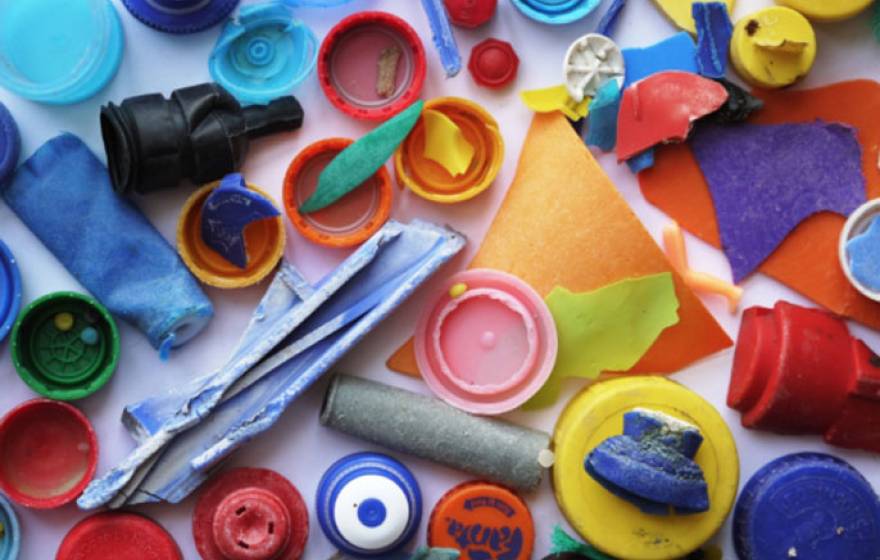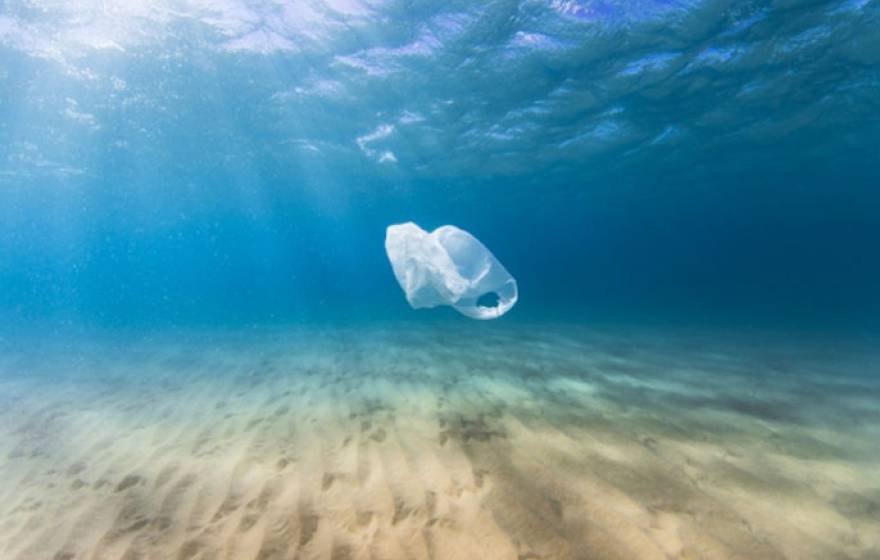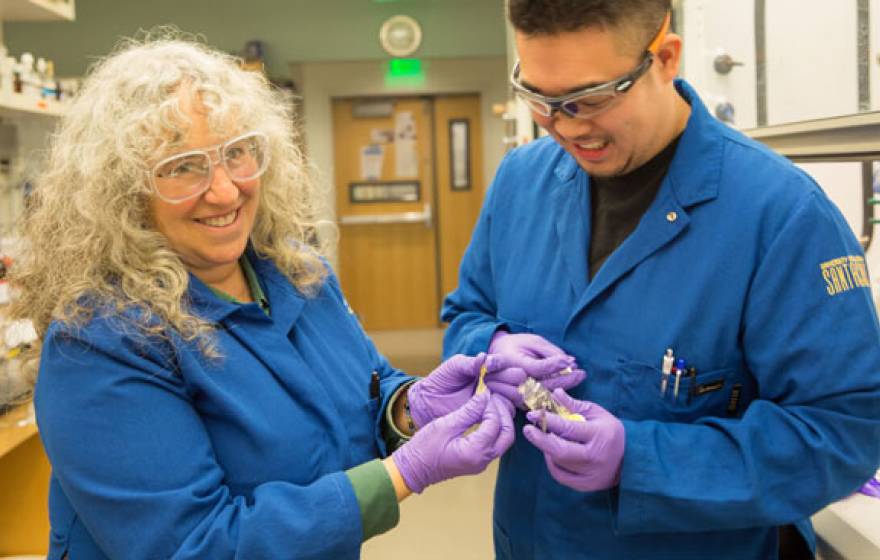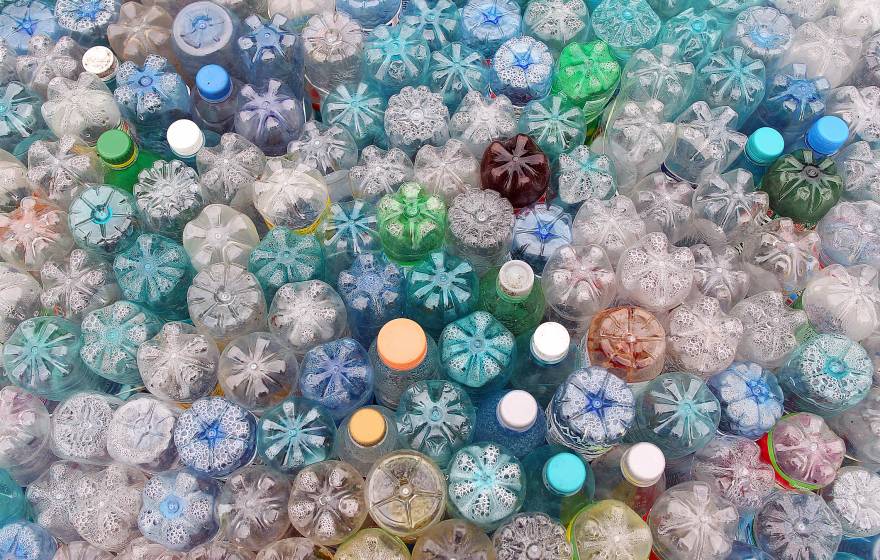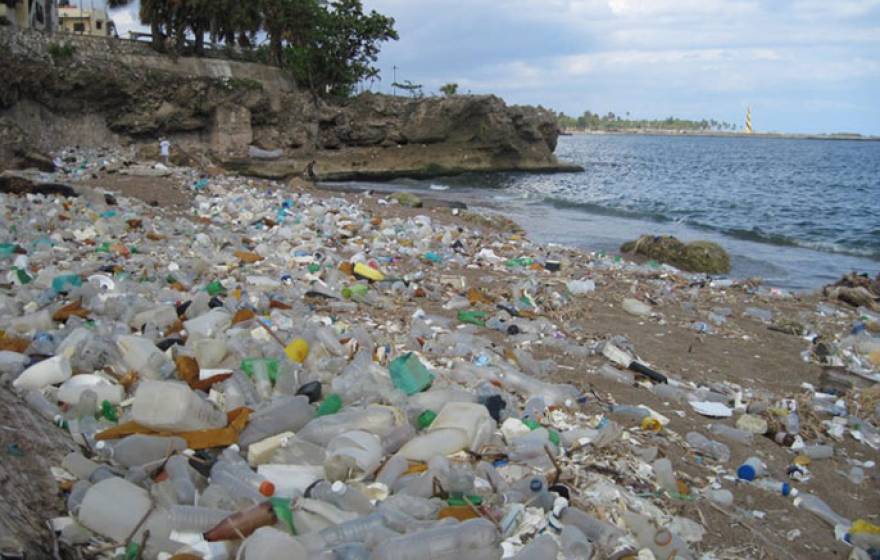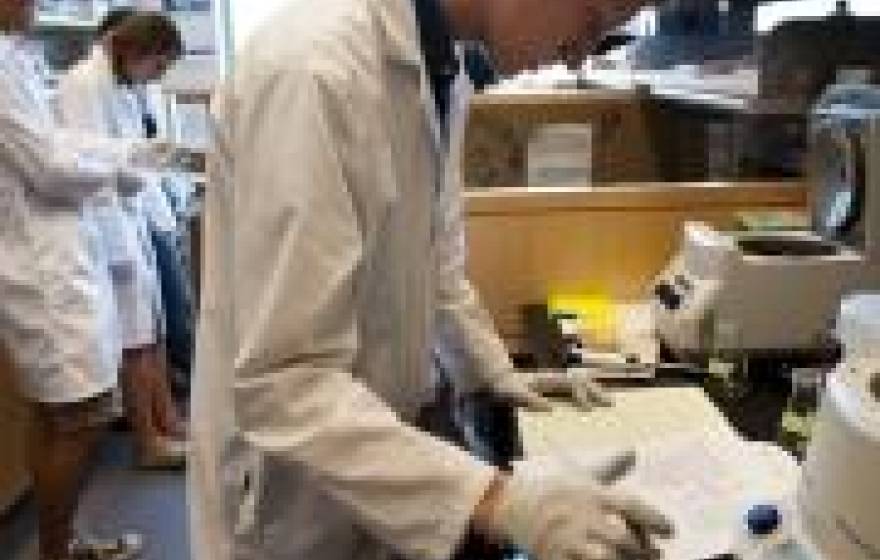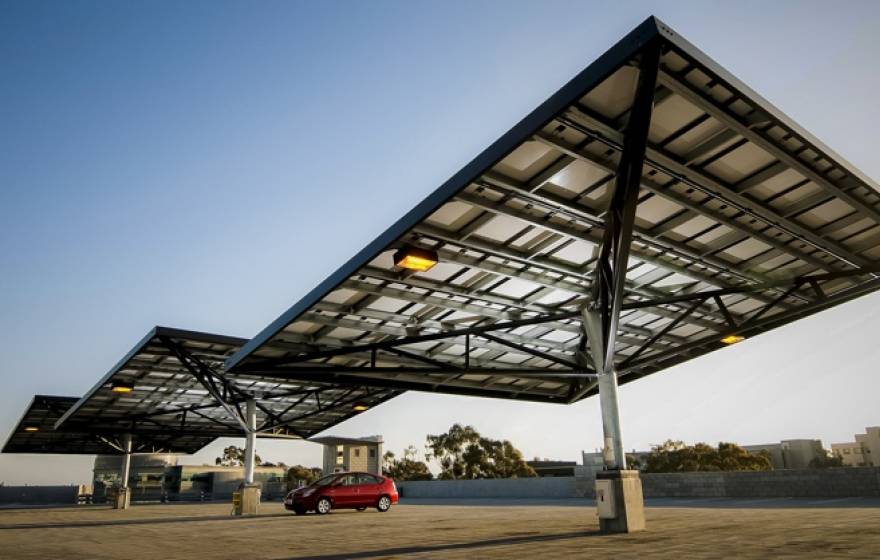Researchers determine the extent to which plastic contributes to climate change. It's a lot.
Measuring plastic's impact on our air
The international statistic of the year
Roland Geyer's much lauded finding is a sobering one: 91 percent of the world's plastic waste has never been recycled.
A safer, better plastic
Aging plastic leaches harmful chemicals. Rebecca Braslau has made it her life's work to create a safer alternative.
How do we break our addiction to plastic?
More than 8.3 billion metric tons (9.1 billion tons). That’s the amount of plastic humans have created since the large-scale production of synthetic materials began in the early 1950s. It’s enough to cover the entire country of Argentina, and most of the material now resides in landfills or in the natural environment.
Learning to live without plastic
A professor challenges the ease with which we turn to synthetic materials.
Scientists turn old plastic bottles into fuel
UC Irvine's recycling process shows promise for meeting urgent waste and energy needs.
UC Irvine chemists help find way to recycle plastic waste into fuel
New method could see trash inexpensively recycled into other commodities.
